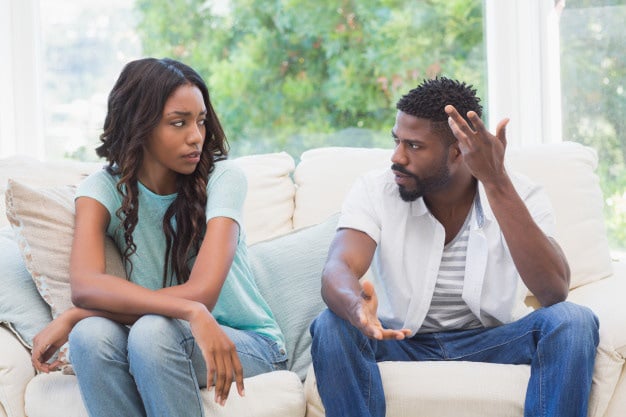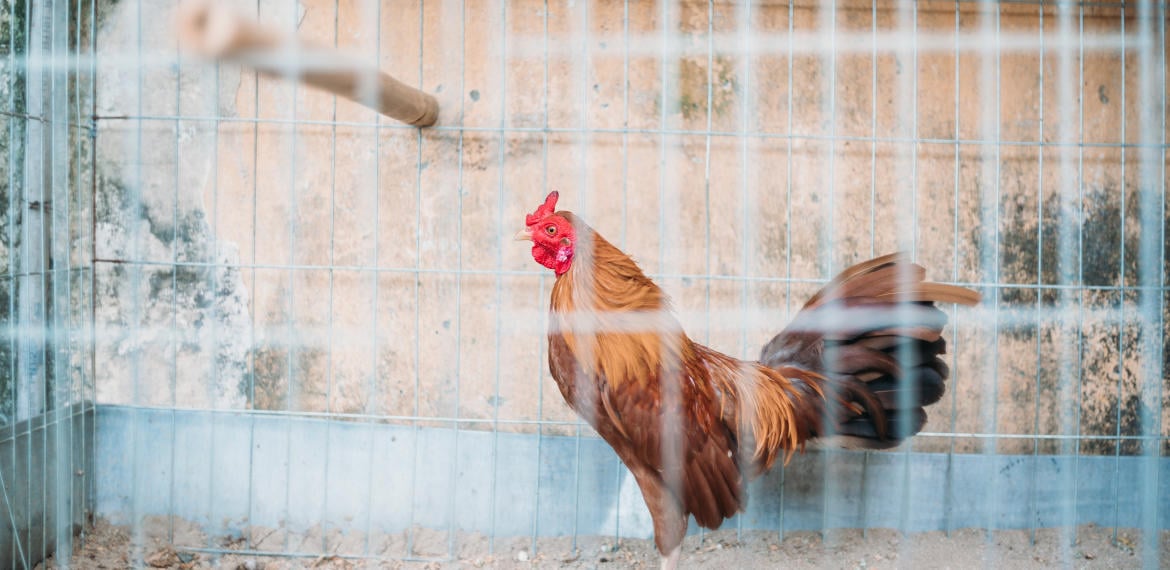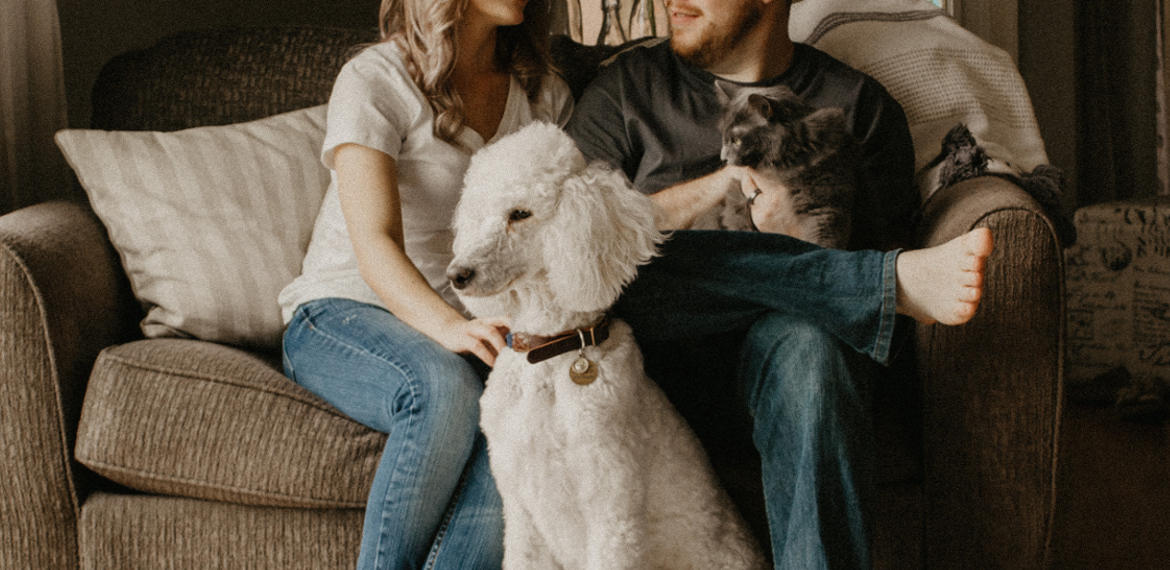
Relationships: Communication Takes Two
As we’re walking through Target, I can sense that my husband is upset. He’s getting easily frustrated by little things like putting the cart cover for our infant on the shopping cart. He’s being quieter and not making his usual comments as we walk past items I know he would like. As we get further into the store, he tries to grab my hand; but at this point, I’m upset, too. I was looking forward to this trip to Target. I know it’s something small. However, with how much work and life we’ve been trying to balance, I was so excited not only to go to Target for me, but for my husband. I know that one of his favorite things to do is to just walk around a store and shop a little.
So here we are. Walking down the aisles. Neither of us talking. I’m sure he is feeling rejected at this point on top of whatever else is happening already. We get to the baby section, which I was most excited about because I was hoping to get a few things for our 6-month-old. He finally asks me if something is wrong. “Obviously” I think. But I just shrug my shoulders for him. He asks me to tell him what’s wrong and I just shake my head. For a therapist, I’m not so good with the words when it comes to my own life. I’m definitely an internal processor. I’m thinking all of the things inside of my own head, but I don’t know how to get them to come out, and I’m not even sure if I want them to. Even though I’m upset, I don’t want to say something that I can’t take back or that I’ll regret.
My husband asks again. I see the concern and frustration on his face. The way his eyebrows are coming together to create that crease I’ve seen so many times. I also know that he’s probably going through all of the things he could have done to upset me and is simultaneously beating himself up about them. I’m right by the way. When we talk about it later, I learn that he’s thinking about how he’s scum. He’s realizing that he’s upset me which is the last thing he wants to do. He internally has gone from beating himself up over something he knows is small to now torturing himself because he could have possibly hurt me. I know this about him, that he tends to immediately blame himself yet I’m stuck in my own head: a combination of exhaustion and feeling completely overwhelmed.
I start to walk away. I know we need to talk but I don’t want to do this in the middle of target when I know there are people in the aisles right next to us. He’s asking me not to walk away from him. And in my head, I’m telling him that I don’t want to have this conversation around all of these people while I continue to be externally silent.
I stop. I turn around and face my husband who I can tell is feeling more and more confused. Our child is once again distracted by her favorite teether shaped like a cactus in this pretty light green, which I’m pretty sure we lost a few minutes later. I look at my husband trying to figure out which words are the right words out of the thousands that have gone through my head in the past five minutes.
“I feel like you’re upset with me.” I say confessing the most prevalent words to my anxiety. He shakes his head.
“I am definitely not upset with you. I’m frustrated now of course because I can see that something is wrong, but you know that it is more at myself for having to have done something that would upset you.” I love this woman and I need to know how to make her happy. I want to fix it, he thinks.
I regulate myself by taking a deep breath and process what my husband is saying. I respond. “I knew you weren’t upset with me at first. I knew that the barista at the Starbucks annoyed you, but I thought you’d move on from that, and it felt like you were still upset when we got into the store so I feel like I must have done something to upset you.”
“You’re right that I was irritated by the people at Starbucks but I was getting over that. What was I doing that made you think I was upset? I didn’t feel like that. Like I said, I’m frustrated now, but I wasn’t before.” He explains to me. I hear his point of view but am still thinking about how I’ve felt.
I go through what I was seeing on my end. He lets me know that this was not his intention. I nod along knowing that this makes sense. I know that I’m anxiously attached and so sometimes things are not how I see them. He’s aware of this, too, and somehow, is able to have so much patience with me. We hug for a second and remind the other that we love them. This is how we end all of our fights. They’re definitely never particularly smooth, and we’ve had to figure out better paths over the years. Some fights look like this one where it doesn’t make much sense, and I look back and wonder how it even got started. Other fights have been a lot messier and have lasted a lot longer. The one thing that has remained consistent, however, is that we both try. It’s never a one-sided attempt.
I also like to think that we’ve gotten a lot better at the fight in general. I can still remember years ago when we’d go hours without talking, and I would actually hide in the bathroom because I was so bad at being able to put words to my feelings. He has also learned that he has to give me some space and can’t force me to tell him things because I don’t work this way.
I feel like we’ve learned a lot about each other even though I’m sure there will be plenty more to discover and plenty more missteps. I think the most important skill we’ve figured out is trusting each other. I trust that he has my best interest at heart. I know he isn’t trying to attack me ever or hurt me. He’s one of the best, kindest, most intentional people I know. I like to think that he has similar thoughts about me. As John Gottman, PhD talks about, we’re giving each other the positive perspective. So when we’re arguing, I might have a moment where I’m upset with him but am able to see the better picture as I cool down. We support each other and listen and can usually figure out where the miscommunication went.
I don’t think we’ll ever be at a point where we don’t argue. We’re both human and two very different humans. The important detail is that we adore each other and know this. We both continue to try.

About Maegan Stewart
Maegan Stewart, LMFT, earned her MS in Counseling from Southern Methodist University and has completed Level 1 Training in Gottman Method Couples Therapy. She specializes in counseling for anxiety, depression, grief, codependency, marriage and couples relationships, divorce, gender and sexuality, and children's and family issues (including blended families). She sees individuals, families, couples, and the LGBTQ+ community at Lifeologie Counseling Cedar Hill Texas.
Meet Me



